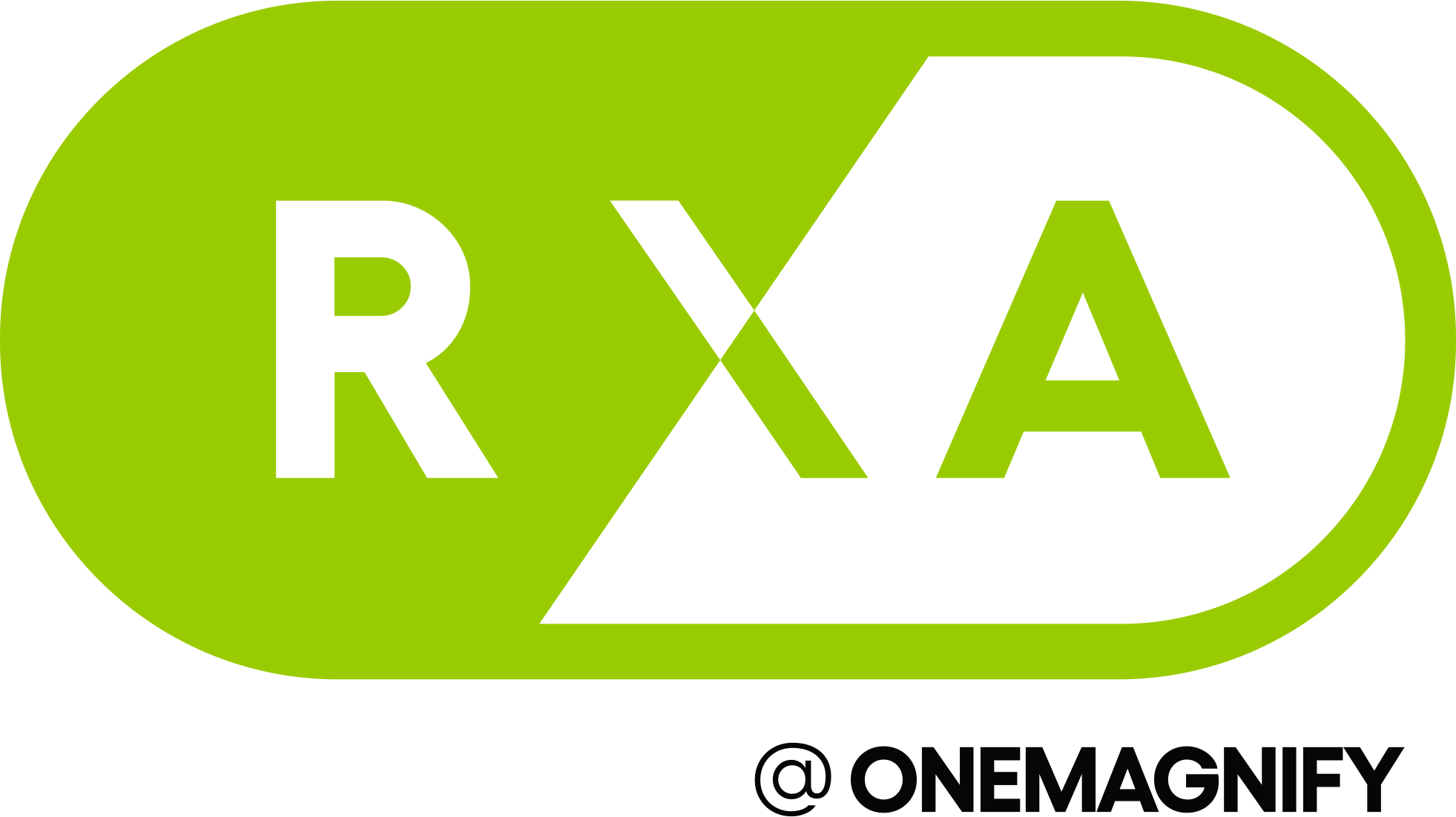RXA’s first Real Intelligence podcast guest is Leigh Wojtkiewicz! Jason Harper and Anna Schultz had the opportunity to sit down with Leigh to discuss her decade-long career in data and analytics for college athletics. Almost completely self-taught, Leigh has held positions from business analyst, to SQL developer, to analytics product manager at mid-major and Power 5 schools, a Conference office & network, and industry partners. She is also the co-founder and president of Sports Data, Analytics, and Technology Association, a non-profit focused on data literacy and analytics adoption in sports business. In her current role at Notre Dame, Leigh is responsible for the strategic use of data and analytics across all aspects of the athletic department.
Listen to the full episode on college athletics analytics below, or wherever you listen to podcasts!
Interview Highlights
Helping athletics organizations build and grow analytics teams
Part of college athletics, is in terms of technology, BI analytics, and machine learning, we’re a couple of years behind mainstream industries. Each stop along the way I’ve really been able to assess the level of data literacy or interest in analytics. I’ve been fortunate enough that actually all of the organizations I’ve worked for have an interest in data and analytics… So I’ve been able to insert myself there and … build a foundation, and then we can talk about predictive analytics and prescriptive analytics.
Challenges facing the college athletics industry today
It is really hard to convince college athletic departments that they need to buy a data warehouse, buy different parts of the tech stack, invest in a technical analyst or a data engineer or a partnership. All those add up and most athletic departments don’t have $100k to spend on a BI tool, or a data warehouse, or all the different pieces…
I will say in the last five years or so… Donors are now stepping up and saying, “Can we give you some sort of donation to support your program”. It’s unlike pro sports in that we have these benefactor owners willing to help us build something, which is really cool. Generally speaking budgets are hard to manage…
Something like less than ten percent of college athletic departments break even every year. Most are operating in the red. So when you have this type of investment, I think that makes a bigger case to invest in data in analytics. But it’s hard to convince executives … that [they] need to make an investment in data.
Solutions for budget issues
Some of the easiest measurable decisions or projects we’ve worked on is dynamic pricing and generating revenue. We realized we could increase our ticket prices five dollars per ticket and we generated an additional incremental $1M.
Dollars helps! When you go to your athletic director to show that we did this tiny little analysis, but brought in another x number of dollars. You can extrapolate that – imagine what we could do with more staff! I think that’s big.
On the student athlete and performance side there are a lot of support staff, whether its strength coaches, athletic trainers, support, student athlete facing jobs. Their day job is not data and analytics, but they are manually pulling data out of systems into excel. We need to make the case of yes, there’s an ROI, but there’s also an efficiency if you calculate the number of hours saved.
One of the tag lines I say a lot here is ‘right information at the right time in the right medium’. I’m not in the business of making decisions, I’m in the business of giving people data so they can make decisions. Something as simple as putting that information on somebody’s phone… saves them five hours a week of having to sit at their desk, so that’s huge.
Data Transparency
My dashboards are only good if somebody trusts them. The [more] degrees of separation you get away from the end user, they get a little scared that the computer is going to tell them what to do. So I do that a lot here, where I make bridges. There’s a crosswalk of “here’s where you were, here’s what you were looking at, here’s what I’m building, here’s where we can go with it.” They have to trust whatever we’re going to put in front of them, whether it’s a simple dashboard or a machine learning model that spits out ticket prices.
I think when you talk to certain end users they think it’s all just easy, it’s like how water shows up at your faucet in your house – I turn it on and I get water. I’m going to turn on this dashboard and I’m going to get data. Well there can be a hiccup along the way… And the domino effect downstream is just that the numbers are now wrong. Nobody trusts them, because of one little pipeline issue that nobody can see on the surface.
I’ve had it happen recently, where we’ve had to articulate what’s going on – it looks wrong but we know it’s coming back. Try to getting out ahead of the issue with transparency. We are introducing massive loads of transparency now in my organization. Transparency is good – it’s going to show you the good, or the incorrect, but you have to communicate and get out ahead of it. We’ve been able to kind of talk our way through it in almost every scenario.
Advice for joining a college athletics analytics team
On a high level, you really have to figure out if you want to work for it, or if you’re a sports fan. If you’re a Michigan fan, and you really want to work for Michigan, you’re going to see the way the sausage is made. It’s not going to be glamorous, it’s going to be messy. There could be days where you hate your job! If you are a super fan of the organization you work for, you have to come to terms with if you’re willing to work in that environment. As people try to break into sports, I think it’s important that they consider where and how they want to work.
I also think you don’t want to put all your eggs in one basket… Especially in college athletics, prior to the pandemic, we moved around the country. I’ve lived on the west coast, the east coast, and now the midwest. That’s another consideration you have to make, specifically in data and analytics.
Salaries is another big one. I would say there’s not data-industry level money in most college athletic departments, so coming to terms with that. Making sure your salary expectations are understood, or you understand their expectations, is important.
Overall, I love it! It’s sports, right? If you are data nerd, or have some interest in data, and you’re a sports fan… We haven’t even gotten into the statistical analysis of on-field strategy, of trying to predict wins. There’s so many different career paths within sports, but you have to be open to salary, or re-location. Or you might be working in marketing analytics but really want to work on team performance, and take that job to eventually make it over.
Sports D.A.T.A.
Sports Data, Analytics, and Technology Association, Sports D.A.T.A for short. We created this back in 2020, so it was my pandemic, I’m-sitting-on-the-couch-not-going-anywhere idea that I made and pitched to my co-founder Richard.
I’ve always thought of making my own organization, so we launched with fifteen people and then it quickly grew to forty, and we now have two levels of membership! You can be a professional member, in professional sports, college sports, partners in the space, technology platforms. We also have an associate level, which is for students or graduate assistants or people looking to pivot into sports analytics. So we try to have different options for different types of interested individuals.
We are very focused on using the revenue for education and training and webinars. We have Tableau members and Domo members and all these other partners out there that want to support growth of analytics in sports.
We’re up to 260 members right now, which is great! So starting to kind of figure out what our next version is. We’ve got an online platform, it’s almost like LinkedIn, where you can post ideas and the whole community can reach out or comment. There’s direct messages so you can reach out to somebody in the industry to get to know them or ask some questions of their organization or role. So it’s pretty cool, it’s awesome, it’s been the best side hustle I think I could have ever picked.
About Real Intelligence
The Real Intelligence podcast aims to highlight success at every career stage for those who use data in their work. Through a 12-episode podcast series released each month, the RXA team will host individuals in the data and technology space to share their stories, experiences, and advice through informal recorded interviews. Our objectives are to provide guidance and advice for those interested in careers in data, provide a forum for people to share their experiences with others, and have some fun!

